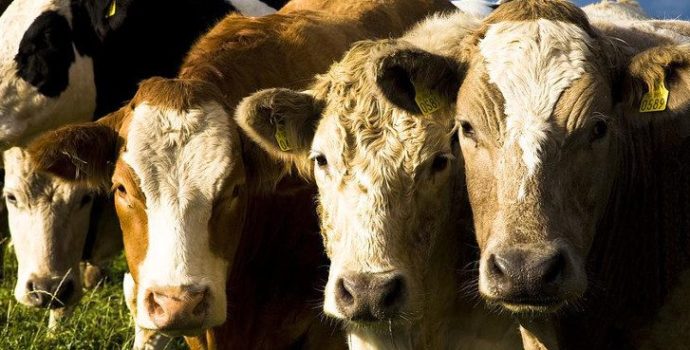IFA Urges Dairygold Farmers to Engage with Their Co-op in One-to-one Sessions

IFA National Dairy Committee Chairman Kevin Kiersey said the Dairygold post-2015 plans had been developed through the democratic structure of the co-op before being adopted by the Board. He urged Dairygold farmers to engage with their co-op in the one-to-one sessions to establish what the Dairygold plans and the MSA imply for them, and to learn about the disciplines of the new forecasting process.
He said IFA would press Dairygold and Glanbia to explore every avenue to invest together in the necessary additional processing capacity, in order to make best use of scarce resources in the best interest of all milk producers.
“In 2011, IFA published detailed policy recommendations in 2011 regarding the future relationship between co-ops and active shareholders for the post-2015 era. These included shareholding and control of co-ops by active shareholders; the importance of limiting contributions from farmers to the financing of necessary additional processing capacity; and the need for clarity on milk supplies through farmer/processor agreements which do not perpetuate the cost of quotas. It also urged co-ops to maximise collaboration and joint investment to avoid any wastage of resources,” Mr Kiersey said.
“However, the overly legalistic language of the Dairygold milk supply agreement (MSA) has raised genuine reservations among farmers. IFA has examined the MSA in details, having identified the issues of concern to farmers through consultation with our local elected officers,” he said.
“The MSA is largely legally underpinned by the Co-op rules. However IFA obtained legal advice on some points of concern, whether or not specifically based on the rules of the Society. Listening to us and their suppliers, Dairygold withdrew the 2c/l penalty on farmers who fail to sign the agreement by 31st March 2013,” he said.
“We met with Dairygold before Christmas and asked them to listen to farmers’ concerns, and to be flexible and fair. They must be mindful of farmers’ cashflows when it comes to the revolving fund or other contributions, and they must be flexible on force majeure. They must also find ways to assist suppliers with unusually high sharing-up requirements without disadvantaging other shareholders,” he added.
“Dairygold have clarified many of the aspects of the MSA in an FAQ and other documentation. Furthermore, Dairygold have given us assurances, underpinned by their track record, that they will continue to deal with farmers fairly and flexibly, and to pay the best milk price market returns and the Society’s finances allow,” he said.
“Dairygold suppliers must now engage actively with the one-to-one sessions to understand fully the implications of the Dairygold plans and the MSA on them, and to learn about the new forecasting process,” he said.
Concluding, Mr Kiersey said: “IFA will hold Dairygold to its commitments on flexibility and fair dealings with farmers on all matters relating to its post-2015 plans. IFA will further hold Dairygold to continuing with its established track record of paying a strong milk price, returning as much as possible from market returns back to farmers in the short, medium and long term”.




